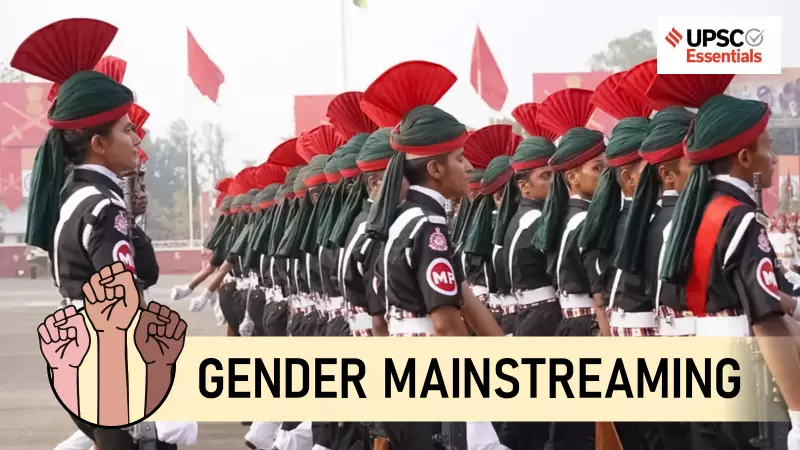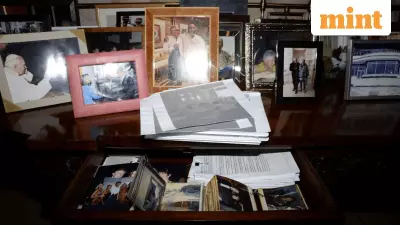
In a significant move toward gender inclusion in security forces, the Indian Army is preparing to induct women soldiers into its Territorial Army battalions. This development marks another step in India's evolving approach to women's participation in defense and peacekeeping operations.
Global Leadership in Peacekeeping
India's commitment to women in peacekeeping gained international recognition earlier this year when New Delhi hosted the inaugural Conference on Women Peacekeepers. This gathering brought together female peacekeepers from India and 35 other Global South countries, coinciding with the 25th anniversary of United Nations Security Council Resolution 1325.
India began its peacekeeping journey in 1953, just six years after independence, with medical personnel deployment to Korea. The country made history in 2007 by deploying the world's first all-female Formed Police Unit to Liberia. Currently, more than 150 Indian women serve as peacekeepers across six critical missions including Democratic Republic of Congo, South Sudan, and Lebanon.
Transformative Impact of Women Peacekeepers
Research consistently demonstrates the functional value of women's participation in peacekeeping missions. Studies show that female personnel enhance community engagement and change societal perceptions about women's capabilities. Female peacekeepers can access populations and environments closed to male personnel, facilitating crucial intelligence gathering and trust-building.
Quantitative research reveals compelling evidence: peace agreements involving women and civil society organizations show 64% lower failure rates and 35% greater probability of sustaining peace for at least fifteen years. Missions with higher female participation correlate with increased reporting of sexual violence and improved implementation of women's rights provisions.
Domestic Reality and Structural Challenges
Despite global leadership, India faces complex domestic challenges in gender equality. The country ranks 151 globally in women's economic participation according to World Economic Forum reports. Women officers in the Indian Armed Forces were granted permanent commissions only in 2020, and they remain largely confined to non-combat roles.
Women in uniform frequently face multiple challenges including family responsibilities, motherhood, cultural sensitivity, sexual harassment, and gender prejudices. These factors often relegate them to stereotypical desk-based roles rather than field duties, overlooking their professional capabilities.
The Path Forward
Experts suggest several measures for meaningful progress: strengthening domestic foundations through meaningful legislation, addressing biases within security forces, creating genuine parity, and moving beyond numerical targets to substantive engagement. The Centre for UN Peacekeeping in Delhi, which trains over 12,000 troops annually, plays a crucial role in capacity building, including specialized courses for women peacekeepers.
Major Radhika Sen's recognition as United Nations Military Gender Advocate of the Year for 2023 exemplifies the caliber of India's contributions. However, bridging the gap between international leadership and domestic reform remains essential for sustainable progress in gender-inclusive peacekeeping.





